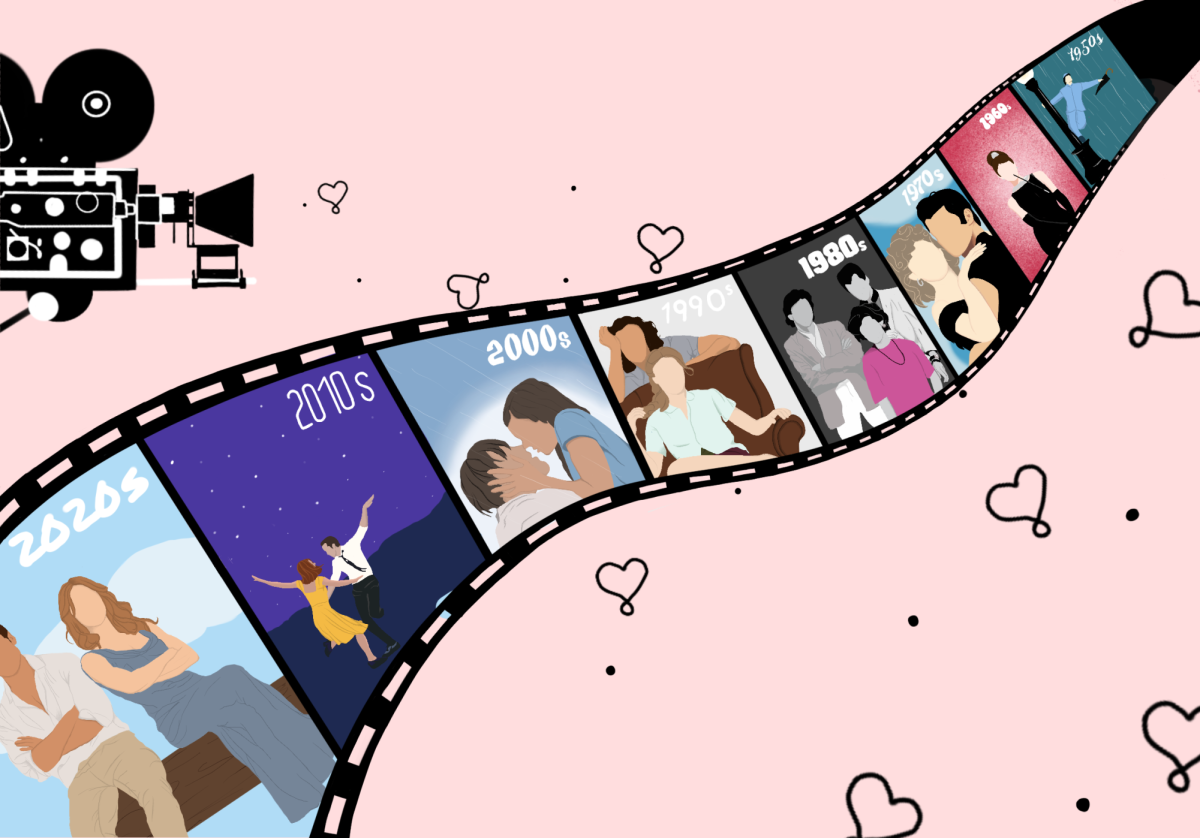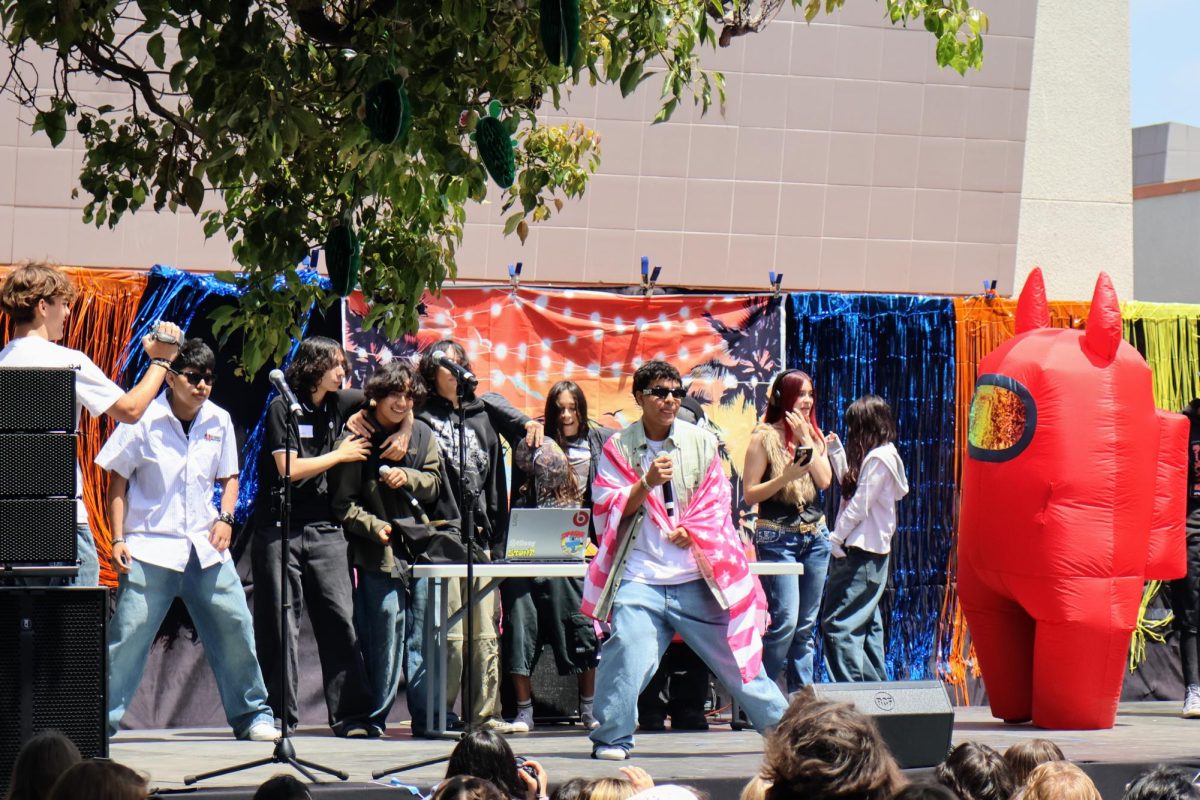The narrative of Edward Snowden, former CIA and NSA employee who leaked confidential data and files to the public after nine years of work in the intelligence industry is portrayed in the self-titled film “Snowden.”
Directed by Oliver Stone, the film sheds light on the complications Snowden faced throughout his employment and his attempt to get his voice heard by mainstream media.
The movie as a whole offers an accurate and compelling cinematic dramatizations that allows the audience to grasp the realities faced by Snowden and his colleagues.
In 2013, Snowden exposed the NSA for not only lying to congress, but also the president for enabling the CSA to spy on virtually anyone in the world through secret programs.
These specified programs allowed special personal to access cameras on laptops and mobile devices, security cameras, audio, private emails and messages.
The star studded cast includes Joseph Gordon-Levitt as Snowden, and Shailene Woodley as Lindsey Mills, Snowden’s girlfriend. The two have an on and off relationship throughout the film, as an effect of Snowden’s confidentiality when pertaining to his job.
His relationship with Mills is founded online, but normalizes his character. Snowden, a high school dropout, manages to enter the special service with nearly perfect entrance exam scores.
Without the focus on his girlfriend Mills, the film would portray Snowden as a perfect, high achieving super-nerd. By portraying the hills and valleys of their relationship Snowden’s character is humanized.
watched Snowden today, hi government I know u reading this
— . (@leslieecortess) September 17, 2016
The fundamental stylistic device used is flashbacks. As the protagonist explains his story to journalists interviewing him from The Guardian, the film visually explains the events occurring. Other movies well known for using this format include The Notebook and Easy A.
While nine years of Snowden’s life are covered, the movie fails to simply dip your toes into the discussion of manipulation of the government from within, and fourth amendment rights that may conflict with the interests of the government.
Rather than dipping your toes in, the film throws you into the deep end. It builds the audience’s knowledge from the ground up, and then throws them questions at all the right times. The clarity of such a complicated situation that scriptwriters achieved is both impeccable and honorable. Instead of going into the complexities of how Snowden did what he did, the director choose to focus more on why he did it.
Prior to watching this film, I had limited knowledge of how much Snowden uncovered for public knowledge, but the film serves as educational and entertaining.
Stepping out of the theater, I felt the way I did when I watched Interstellar: my brain stimulated, my mind questioning and my heart compassionate for the characters in the film. Although “Snowden” did not change my views severely, they did shift.
As a whole the film aims to convince the audience of Snowden’s humanity and good intentions. At some points in the film, Snowden explicitly states he only wants to get the information out to the public through the press, but as a whole the focus of the film is to shed light on Snowden as the protagonist.
“Snowden” is a rated R film that I would take my teens to see. It provides context and clarity to a tricky situation and stimulates. Swearing and nudity in the film may not be appropriate for some children, but the messages behind the film are worthy of the teenage mind.













